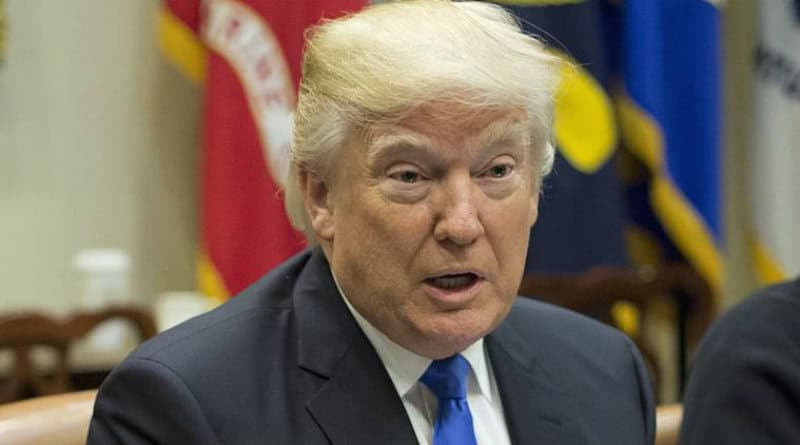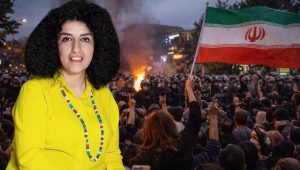WASHINGTON – The US supreme court on Monday allowed President Donald Trump’s administration to fully enforce a revised travel ban on six Muslim-majority and two other countries after a long battle.
The court issued a stay order on the decisions of two lower courts, which had blocked implementation of travel restrictions on Iran, Libya, Syria, Yemen, Somalia, Chad and North Korea, as well as some Venezuelan officials.
As Trump introduced the revised ban in September this year, the policy was challenged at federal appeals courts in Richmond, Virginia and San Francisco, California.
The petitioners argued that the travel ban was against the US Constitution as in which Muslims have been targeted in the wake of security measures.
The challengers successfully convinced the lower courts to put the implementation on hold while they and government lawyers fight out the legality of the policy.
After facing a defeat in the lower courts, the Trump administration moved the Supreme Court against the rulings where the decision has been announced in its favour with 7-2 vote letting the government impose restrictions fully while the appeals proceed.
“We are not surprised by today´s Supreme Court decision permitting immediate enforcement of the President´s proclamation limiting travel from countries presenting heightened risks of terrorism,” the White House said.
“The proclamation is lawful and essential to protecting our homeland. We look forward to presenting a fuller defense of the proclamation as the pending cases work their way through the courts,” it added.
The apex court jury also directed the lower courts to expedite their decisions.
Travel Ban
On Sept 24, US President Donald Trump had announced new travel restrictions for visitors to the United States, extending the travel ban to eight countries.
Under the new presidential proclamation, seven of the countries will have to face a ban that will cover most of the citizens, while the restrictions have been imposed on a group of Venezuela’s officials and their families.
“As president, I must act to protect the security and interests of the United States and its people,” Trump’s statement said.
The president later tweeted: “Making America safe is my number one priority. We will not admit those into our country we cannot safely vet.”
Trump announced the first ban in January targeting refugees and seven Muslim countries. The ban was later suspended by the federal courts citing that this was against religious freedom.
In March, Trump had issued the second order imposing the ban on six Muslim-majority countries. Some parts of the ban were allowed by the Supreme Court through a ruling.














